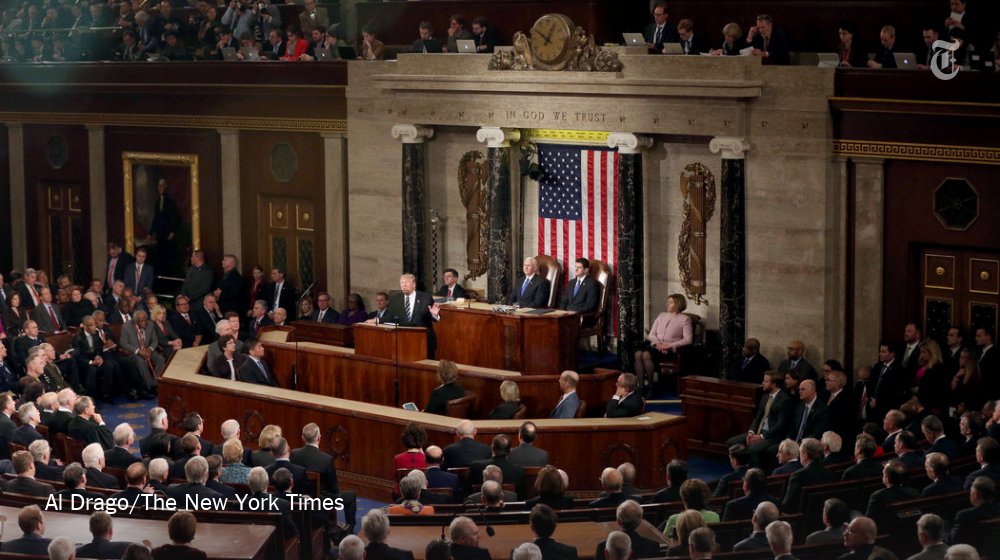Putting aside the policy and economic implications of the GOP tax plans — now heading for Conference — the political ramifications are clear: the GOP approach in its totality targets largely Democratic constituencies.
Stephen Moore, an economic advisor to the Trump campaign, points out to Bloomberg Politics that “It’s death to Democrats.”
While it may not be death, it surely inflicts pain.
“They go after state and local taxes, which weakens public employee unions. They go after university endowments, and universities have become play pens of the left. And getting rid of the mandate is to eventually dismantle Obamacare,” Moore says, arguing that it would accelerate “a death spiral” in the health-care law’s marketplaces.
Among the most controversial measures in the House and Senate tax plans calls for repealing state and local tax (SALT) deductions — except a $10,000 cap for property tax deductions. The benefit is most important for residents of high-tax states like New York, Illinois, Connecticut and others.
Passage of a final bill with limited SALT deductions, by default, immediately places a spotlight on governors’ tax and spending records.
NY Gov. Andrew Cuomo, for example, calls the GOP’s SALT proposal “political retaliation through the tax code.”
Yet, on a policy level, it’s a fair question to ask: Why should leaner, more efficiently-run states subsidize your high tax, bloated state government spending? Yes, administering the New York State is vastly different than running Missouri, for example — and the cost structures significantly divergent — but the question as to why New York State should not cut spending is valid. In short, Cuomo and other state executives feel exposed — as should be the case.
Further, the removal of SALT deductions would undermine public employee unions, which rely on state taxpayers for jobs and pensions.
“This is going to be a direct hit on us,” says Peter MacKinnon, president of the Massachusetts-based SEIU Local 509.
Let it be.
While SALT deductions remained fully intact in 1986, the last major reform of the tax code, the odds are that a higher level of deductions will be restored in the final bill negotiations.
Regardless, it is a positive development that high tax states with antiquated, bloated, public union-dependent bureaucracies take heat and receive scrutiny.

